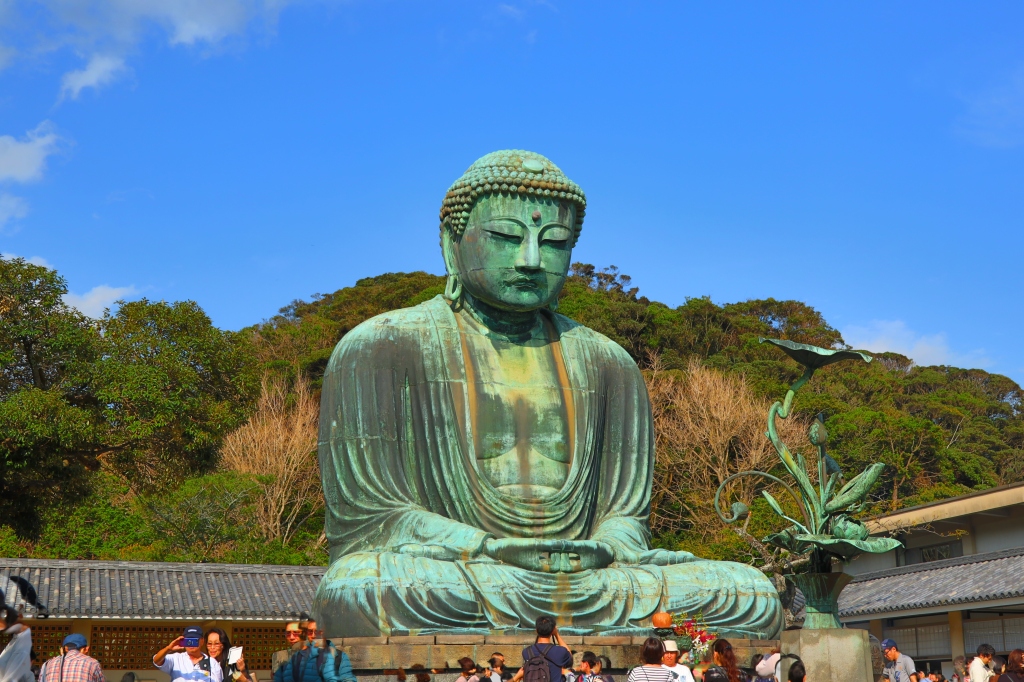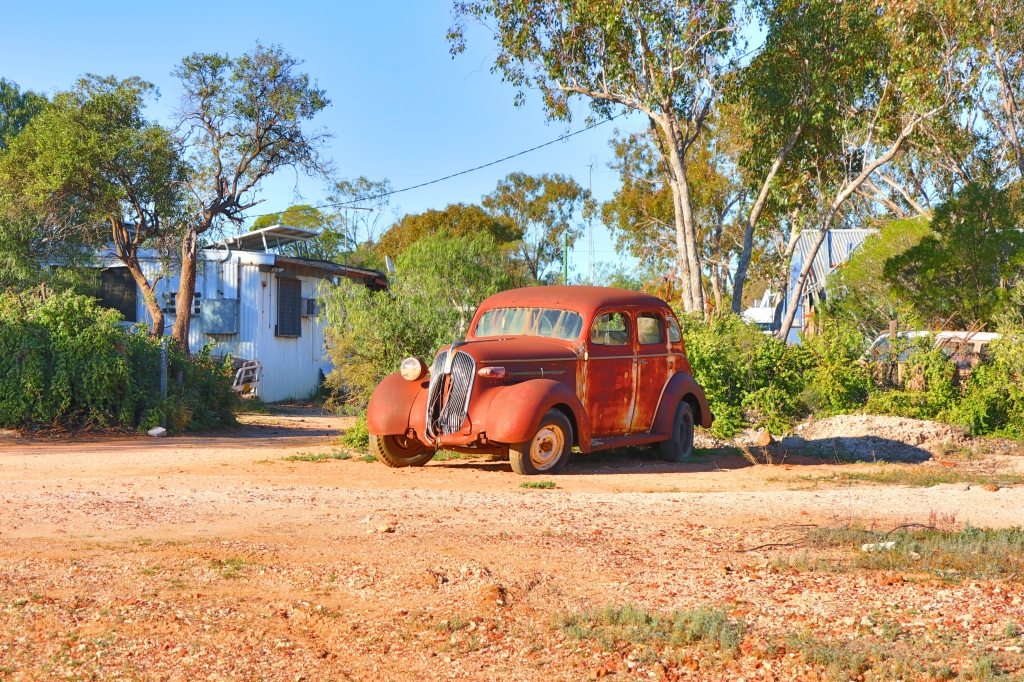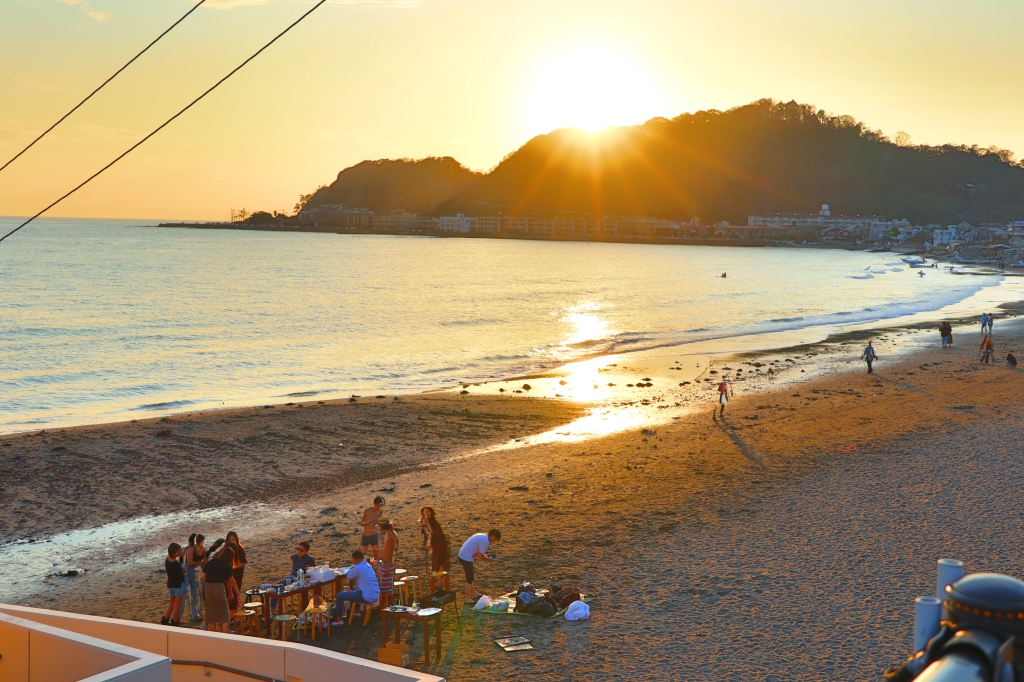I turn 40 in tomorrow and I’ve more or less been 100% devoted to physics since I was 20 (2nd year uni). It’s been a journey with some highs and a couple of very serious lows. Motivated by this recent excellent post on self-care & overwork in academia, I spent some time looking back and thinking about what would I go back and tell my 20 year old self (aside from get your B.Sc. and then go get a real job, one with good prospects & good money) or others at the same stage, e.g., the 2nd year lab students I taught this year. Some are things I’ve learned and managed to incorporate, some are things that I still fail at despite repeated attempts…
1. Put up walls: Despite having an excellent role model for this over much of my career, I still haven’t learned to put up walls to keep work from infringing on life. If you don’t, work will consume you 24/7 and then destroy you (trust me, I’ve been there several times). Sit down and work out a clear plan for when you will work and when you won’t work. When you aren’t working, then do not do any work at all, full stop. Be disciplined about it. Working hard is one thing, working 24/7 is slavery. We should not be admiring workaholics (and I’ve been one), they just destroy the system for everyone by helping step up an insane arms race.
2. Exercise is not negotiable: This one I did learn, but only after several health issues and reaching 80+ kg in weight (BMI = 28). Doesn’t matter what it is, find something, and make sure you get at least a half-hour’s exercise a day, 6 days a week. It’s good for the black dog, it’s good for your health, and it’s good for your ‘romantic agenda’ 😉 . It also makes you massively more effective at work.
3. Eat well most of the time, splurge occasionally: Comes part and parcel of the point above, exercise is pointless if you eat truckloads of garbage. That said, you need to enjoy life too. If you mostly eat really good, the odd splurge won’t matter, in fact, it is even better when its a rare treat.
4. Find ways to manage your stress safely: A career in science is going to be stressful, there’s no two ways about it. It will be worse if you let it make you work all the time. Follow Rule 1, and then make sure you have good safe outlets for the stress. Bottling it up is bad and you can’t hide it, it just always leaks out and puts people offside with you. Drugs and alcohol are not the solution either, even though they might fool you and seem so on the short term. If your drug & alcohol use gets beyond being social, start asking yourself hard questions fast.
5. Choose the right people to work with: Only work with people who a) you enjoy working with, and b) are good enough that you can get things done. This should be an AND gate not an OR gate. Working with people you like but can’t get anything done with just isn’t effective. Working with people who are good but you don’t like is a disaster in the waiting. The corollary here is: Don’t work with arseholes no matter how good they are; being good is not justification enough to work with someone.
6. Make sure you have anti- role models too: Lots of people talk about mentors and role models, few talk about the exact opposite. Look carefully, many people who on the surface look respected by the community and highly successful are held in absolute contempt by the people who work with or for them. Watch carefully, they are everywhere. Do what ever you can to not become like them; they will teach you more lessons than any positive role-model or mentor ever can. Just because someone has outstanding research metrics, doesn’t mean they’re worthy of your respect. Great people are worthy of respect, some of them also have great research metrics, some don’t.
7. Be an all-rounder: A true academic/professor cares about all parts of the job, not just the research. Put effort into your teaching, public engagement and admin tasks, no matter how much it seems your employer only values you for your research metrics alone. You will be far happier for it because you will feel valued even when your research career is at a low point (these inevitably come sometimes). The appreciation of your students or the public is worth far more than any accolade or paper. If all you do is work to receive attention from elitists and the little ‘old boys clubs’ they create, you are bound for a life of unhappiness.
8. Cultivate a life outside: Make sure you take time to have a life outside of science, and that means a full one not a hollow one. Have friends outside academia, have hobbies outside academia, take your holidays and go places. Don’t let the workload take these things away from you. In fact, do quite the opposite, let people inside science see that you have this separate life and sometimes let them be a part of it. This is the only way we will change the toxic workaholic culture that some have forced upon us by their willingness to sacrifice all for their research career. Respect people for working less and having a life rather than working all the time and reinforcing a toxic environment.
9. Don’t work insane hours: The odd all-nighter is ok when it’s desperately needed, some of my best lab work has been done at 3am, but never let it become a habit. If you are working between midnight and 6am it should be for something truly worth doing and requiring it, e.g., being in the lab on a crucial experiment, working to a funding proposal deadline, if it’s just menial crap like e-mail, then go to bed immediately, no excuses. Politely tell off your colleagues if they are e-mailing you between midnight and 6am (and are in your timezone).
10. Value people for who they are, not what they achieve: Some academics only want to talk to the other ‘serious players’ in their field, or people who have something to offer them, and everyone else isn’t worth the time of day. This is a horrible way to approach life, sadly you will meet these people time and again. Talk to people because they are nice, not because they are good. Talk to students and postdocs, they are almost inevitably nice people who haven’t yet been messed up by the elitist arseholes that pervade science. Value the colleagues you get to work with who are decent people. Be nice to the tech staff and admin staff and even the cleaners — they have hard jobs too. Treat all your undergraduate students with friendly respect no matter how good their grades are. They’re all there to learn, some have it easier than others.
11. Define success correctly: If you stay in science long enough, you’ll realise they system defines success all wrong. The system tries to convince you that it’s all about your h-index, Nature & Science papers and grant income. Success is having a good life, getting to do the science you enjoy alongside it, whilst also passing on your knowledge to the next generation. Some people will be fortunate enough to get good research metrics while doing this, some won’t. The people who have good metrics but gave up the rest of their life to get them are not a success.
12. Science is an extreme sport, take risks: Always remember the words of a friend of mine: “There’s no shortage of work for smart, adaptable people.” Too many people in science are too conservative in my view, mostly driven by a very risk averse funding agencies (there are a few exceptions, though none in Australia sadly). If you aren’t pushing yourself outside your comfort zone then what’s the point of working this hard? There’s no excitement in just doing the same old crap, year after year, to keep up a continuous stream of papers, as many do. Just ask Matthew McConaughey about his endless string of rom-coms… Too many professors just keep submitting the same old grant, which inevitably gets funded, so they can just keep doing the same old science — I have zero respect for them. Challenge yourself with new materials, new collaborations, new ideas, new teams. This might end your career, if so, then so be it. Better to live fast and die young than be square. Respect adventure more than metrics.
And as a bonus, since I always like to break the rules…
13. Try to give more than you take: There’s too much focus in science on only doing the things that directly benefit you. Arsehole referees say things like “the applicant has too many papers where he’s neither first nor last author, I’m ignoring these as clearly they are negligible contributions” (real review on one of my grant proposals); people will squabble over authorship and control of projects as a result, some will even shaft one another. You will meet people who will shirk their refereeing responsibilities or admin responsibilities or other responsibilities to try and get ahead. Forget this, because if you behave just like this, you are part of perpetuating the toxic culture of science rather than fixing it. Give your all to all you can (subject to Rule 1 of course), help more junior colleagues as much as possible, they are the future. Just generally chip in when you can. The world of science only gets better if more of us do this. Trying to out-bastard the bastards just makes the world worse.






Leave a comment